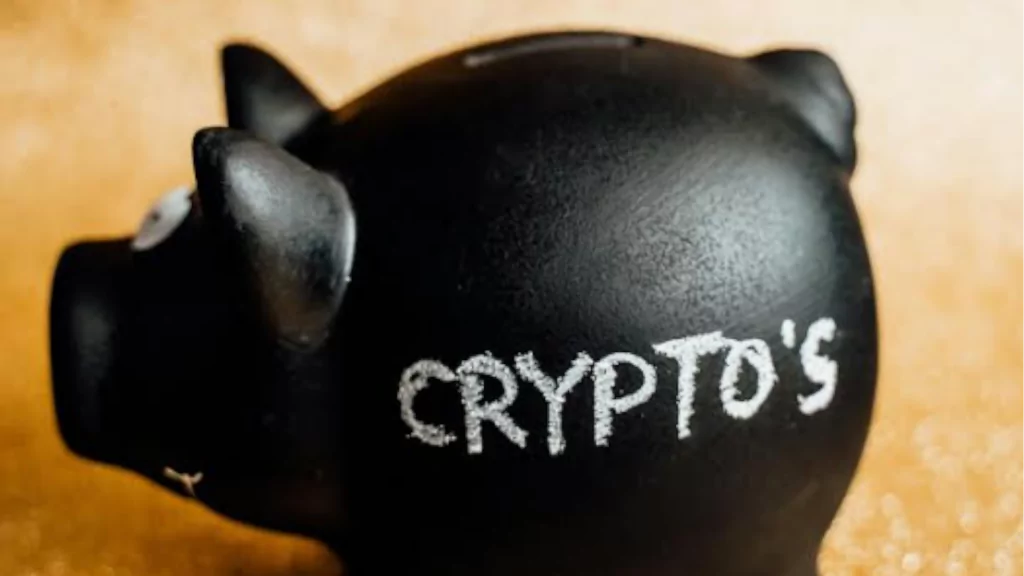
The cryptocurrency market has continued to grow since the first introduction of cryptocurrency to the financial market in 2009. As a result, more people are exploring the use of digital assets and cryptocurrency wallets to store, send, and receive their funds. Crypto wallets have grown to become essential in a digital world where digital assets are stored online, and where malicious hacking attempts can have high prices for people. There are several critical factors that potential users of crypto wallets need to be aware of before diving into this space.
1. Types of crypto wallets
Crypto wallets can be broadly categorized into two types: hot wallets and cold wallets. Hot wallets are connected to the internet and allow for quick transactions, which makes them convenient for everyday use. These include mobile apps, web-based platforms, and desktop wallets. However, because they are online, they are more vulnerable to hacking and other cyber threats.
On the other hand, cold wallets, like hardware wallets and paper wallets, are offline, which makes them significantly more secure from online threats. These wallets store your private keys offline, protecting them from potential breaches. However, they may not be as convenient for frequent transactions. For long-term holders of larger digital assets and cryptocurrencies, cold wallets are often the preferred option due to their superior security.
2. Security is paramount
Security is one of the biggest concerns when using crypto wallets. According to Crypto News Australia, a staggering 65% of cryptocurrency owners hold their assets for long term. However, in many instances this is without proper security, which means that even long-term investors can face significant risks. The rise of sophisticated hacking techniques has made wallet security a top priority, especially after notable hacks in recent years, such as the infamous notorious FTX hack in 2022.
Experts recommend using multi-factor authentication (MFA) and securing private keys in hardware wallets. Many users fall victim to phishing scams or malware targeting hot wallets. Comparing the various crypto wallets and choosing one with a high level of security is essential for your digital assets, like BestWallet. This is especially important when engaging with long-term investments in cryptocurrencies.
3. Regulatory uncertainty
One of the most significant barriers to broader adoption of crypto wallets is the uncertainty surrounding regulations. According to a recent report by Gemini, 38% of non-owners in France and the U.S. cite the lack of clear regulations as a reason for not investing in cryptocurrencies. While countries like the United States and the European Union are making strides with frameworks, the global landscape remains inconsistent.
In 2024, regulatory clarity is improving in regions like the UK, where new laws have accelerated the development of the crypto ecosystem. However, there is still a long way to go before international regulations harmonize to provide clear guidelines for wallet providers and users alike.
4. Trust issues and scams
Despite the growing popularity of cryptocurrencies, trust remains an issue. Many potential users are deterred by security concerns and the prevalence of scams. Misleading social media promotions, fake wallets, and fraudulent exchanges have tarnished the reputation of the industry, leaving broad marks on the adoption of services such as crypto wallets.
In fact, security experts advise against trusting unverified platforms or wallet providers, especially those heavily promoted on social media. New users are encouraged to research the history of any crypto wallet provider, look for reviews, and ensure that the wallet offers robust security features before entrusting them with their assets.
5. Private keys and backup procedures
A crypto wallet does not store the actual coins but rather the keys required to access them. Private keys are the most critical aspect of any crypto wallet. These are the keys which allow users to sign transactions and access their funds. If you lose your private key, you lose access to your funds, and there is no recovery process.
Wallet providers often recommend creating multiple backups of your private key and storing them in different locations. Some users prefer to store their keys in physical safes or secure cloud storage.
6. Wallet usability and accessibility
User experience is also a significant consideration. As the cryptocurrency industry matures, competition among wallet providers is intensifying, which is both driving innovation and improving usability. Many crypto wallets are now being designed with beginner-friendly interfaces, allowing users to easily send and receive funds, track their portfolios, and even stake assets for passive income.
However, not all crypto wallets are created equal. Some wallets are designed for simplicity and ease of use, while others cater to more experienced users who need advanced features like integrated exchanges, multi-currency support, or decentralized finance (DeFi) access.
7. Cross-border capabilities
Cryptocurrencies offer a unique advantage in that they enable cross-border transactions without the need for traditional banking intermediaries. A large portion of global remittances are expected to be conducted through cryptocurrency, making crypto wallets an attractive option for international transfers.
However, before jumping into cross-border transactions, users need to be aware of the potential regulatory and tax implications in both the sending and receiving countries. Some jurisdictions impose heavy taxes on cryptocurrency transfers, while others have outright banned on crypto transactions. This is why it is always important to check the regulatory environment before using cryptocurrency for cross-border transfers, so that you do not run into any unexpected legal problems.


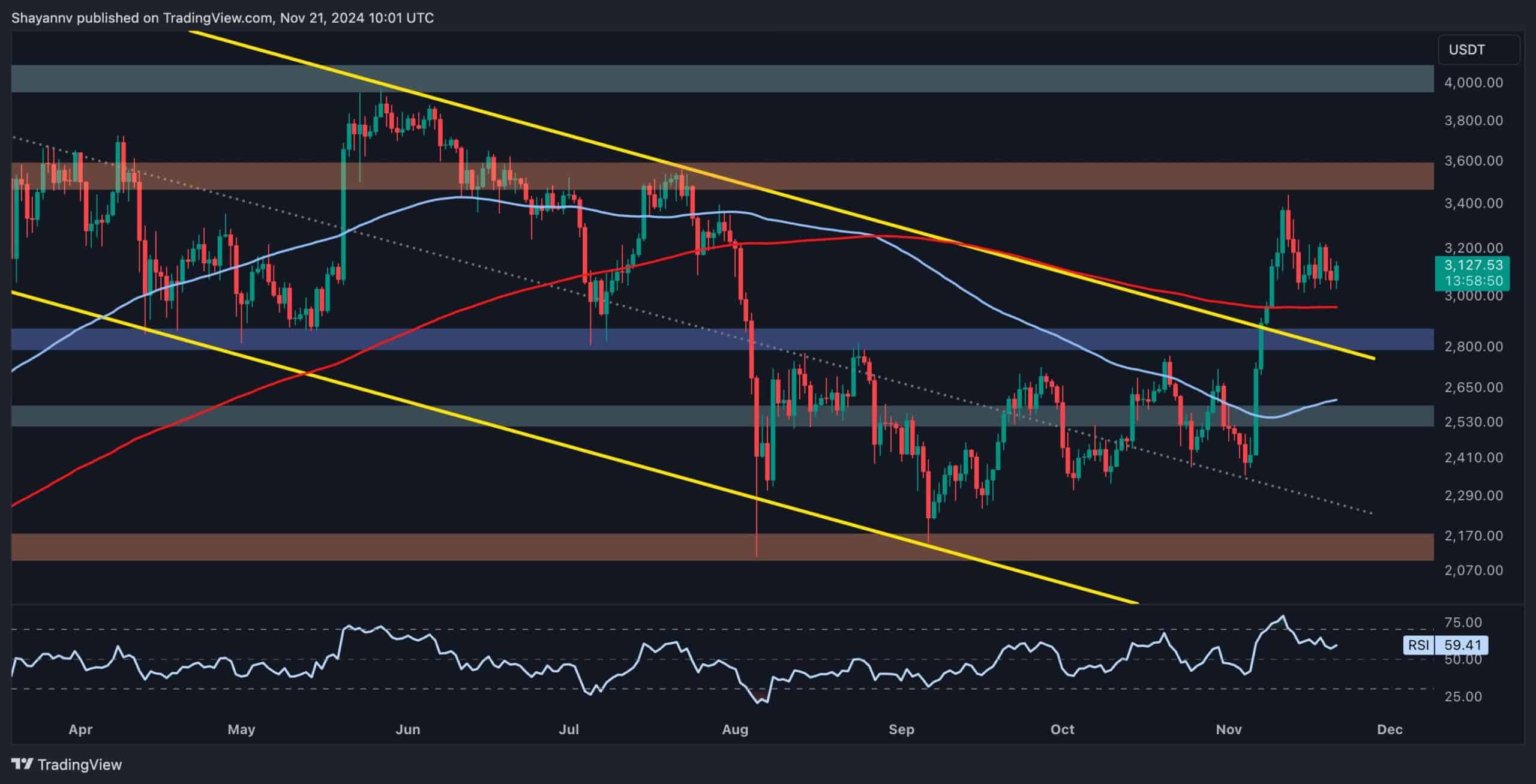


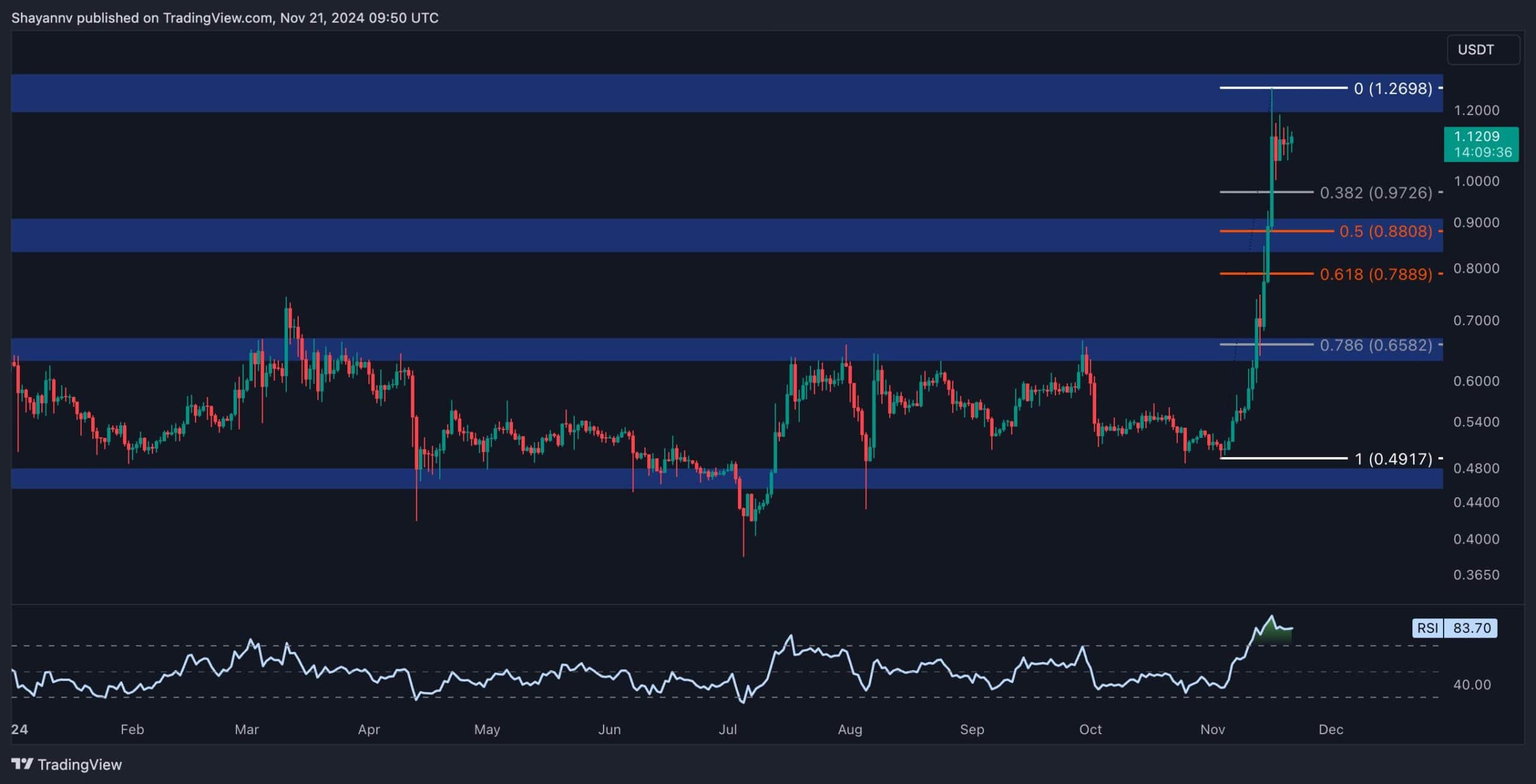

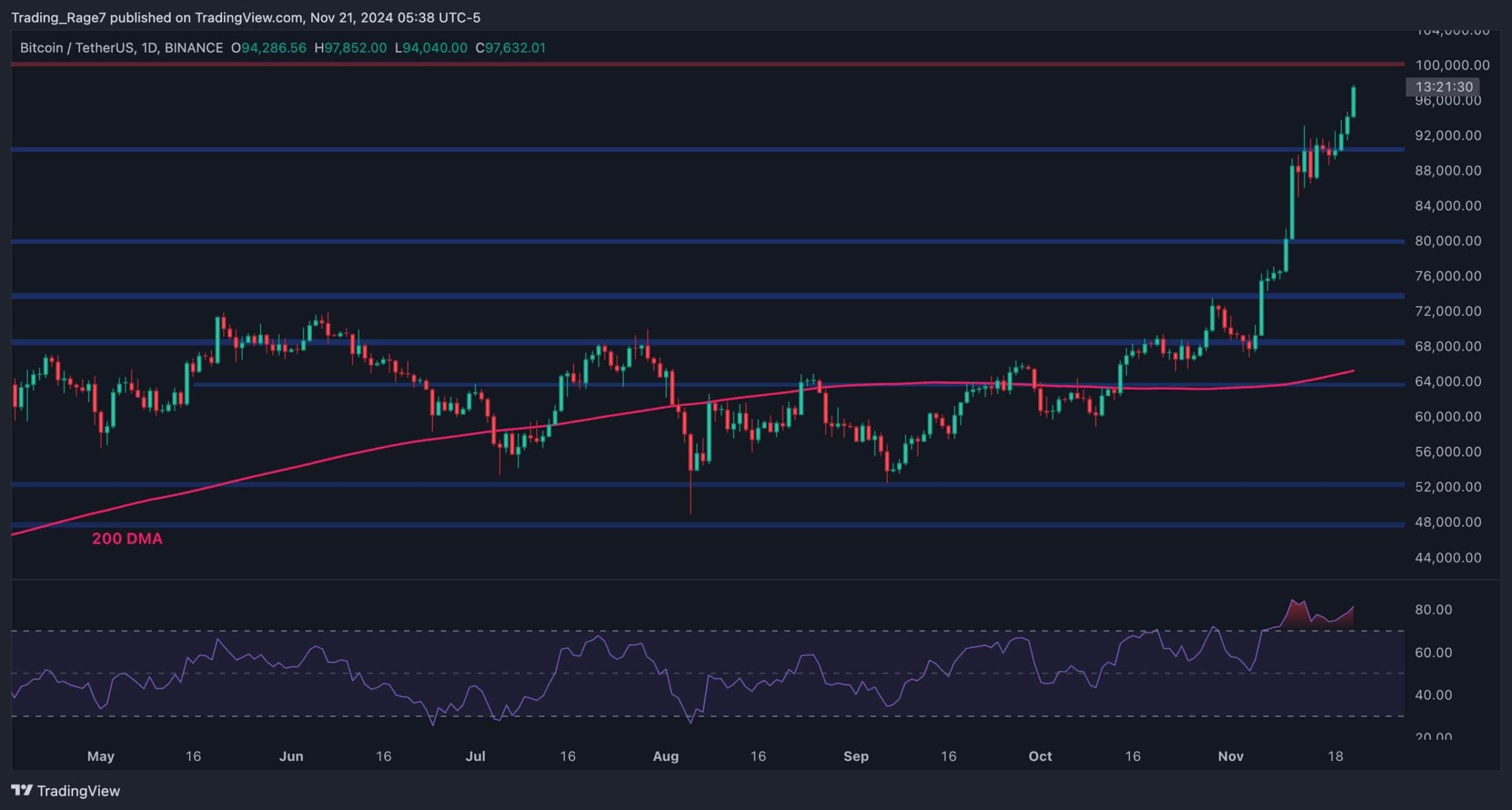


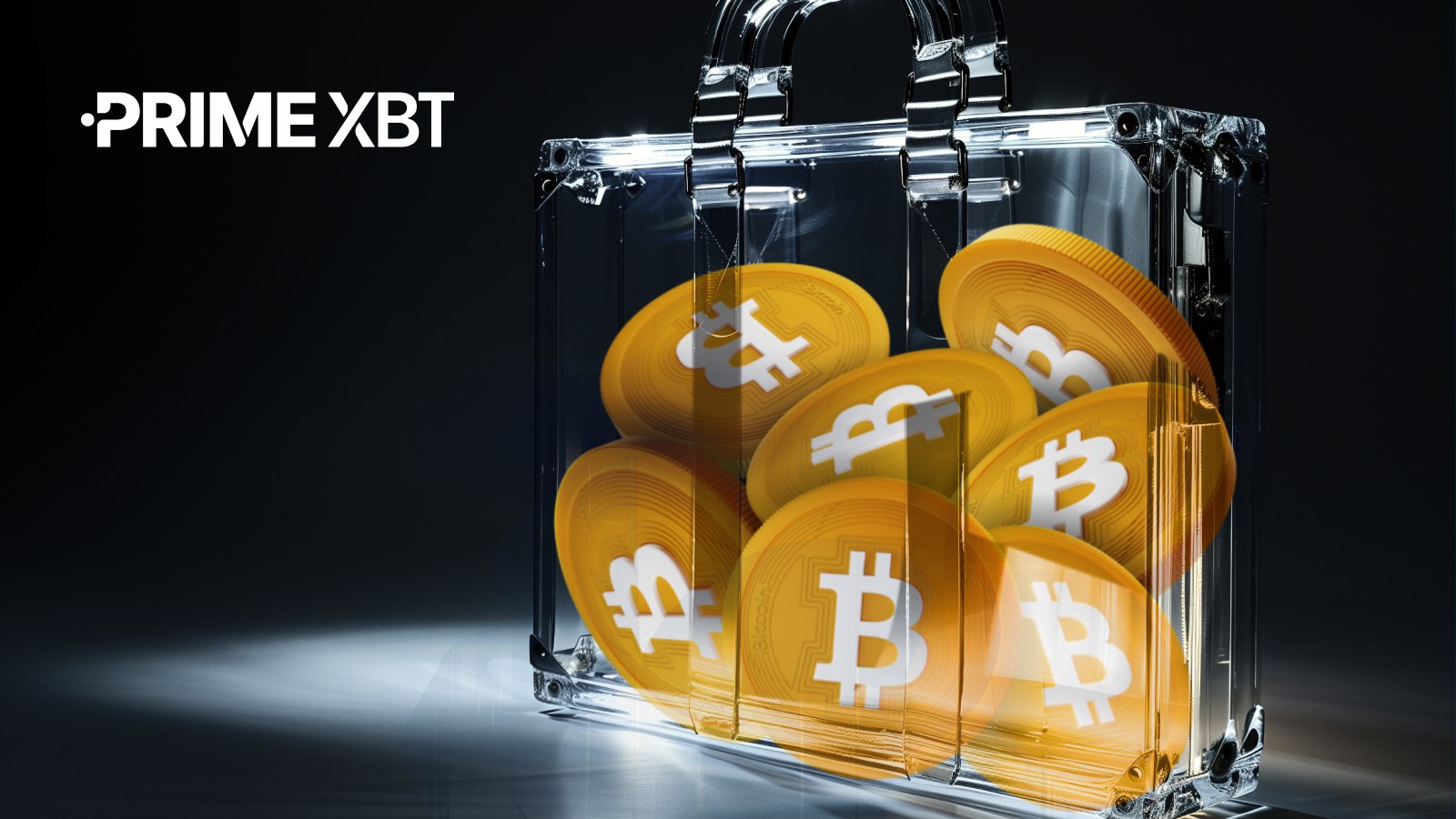






 English (US) ·
English (US) ·